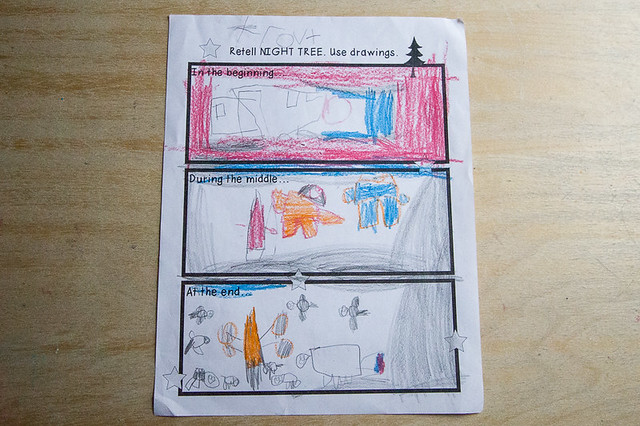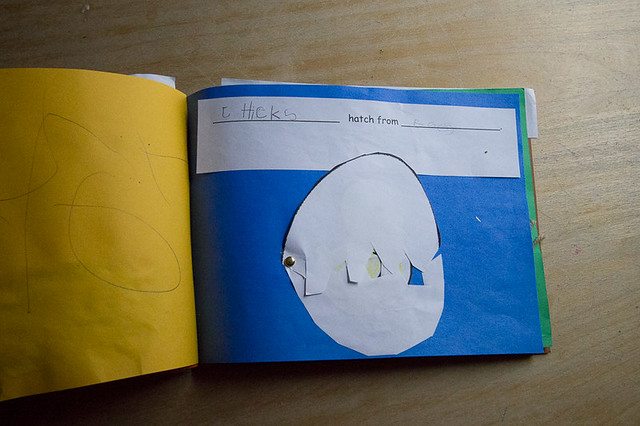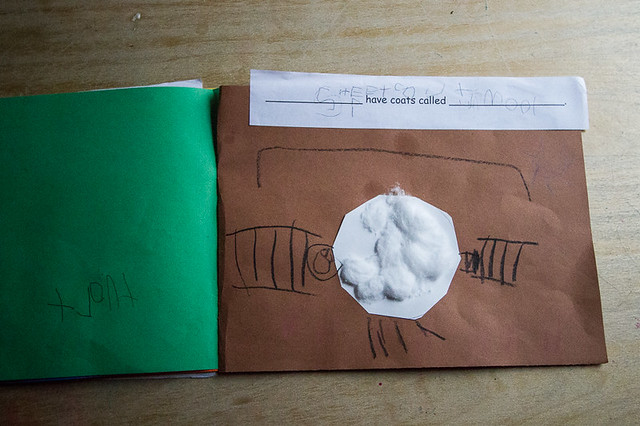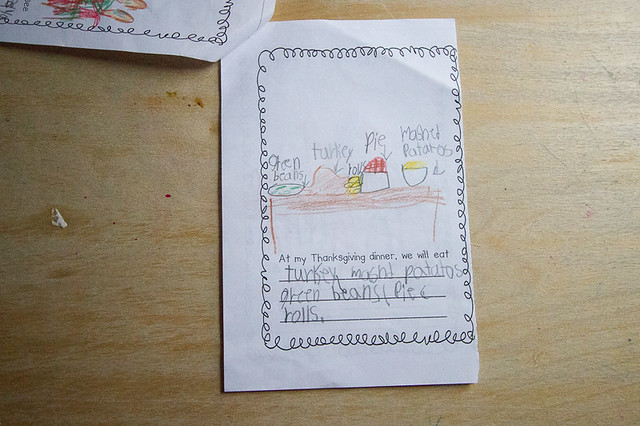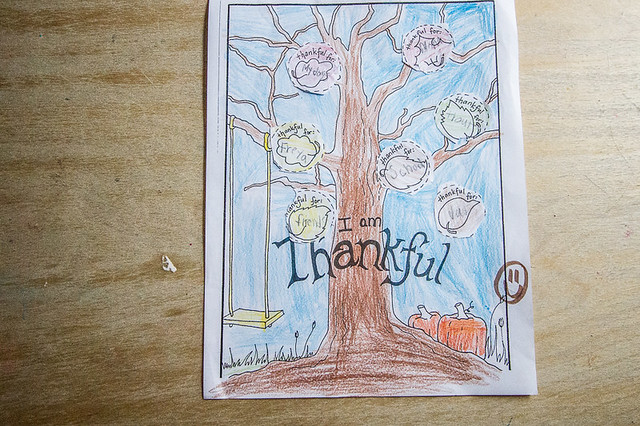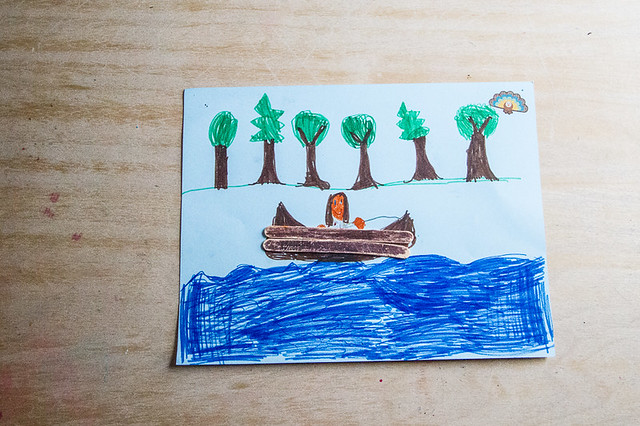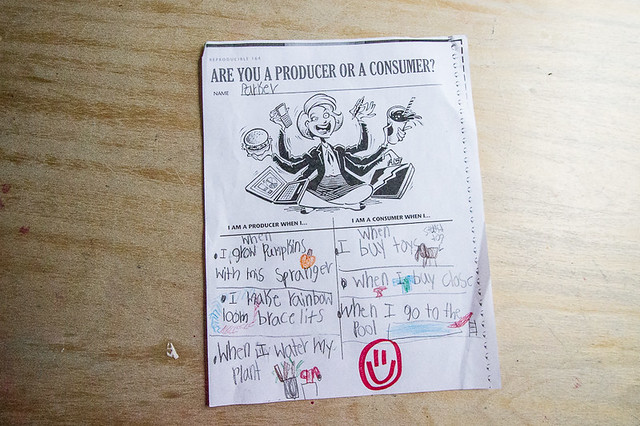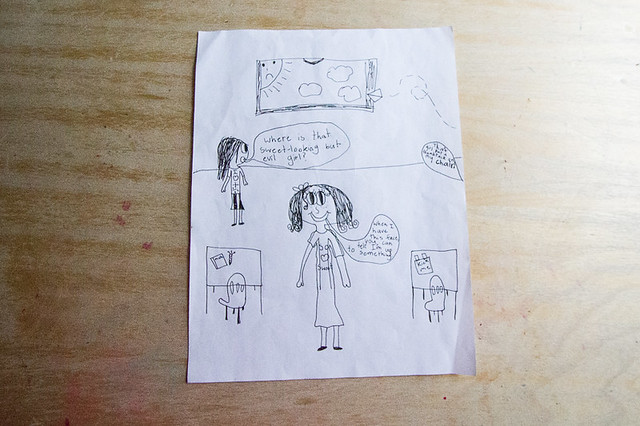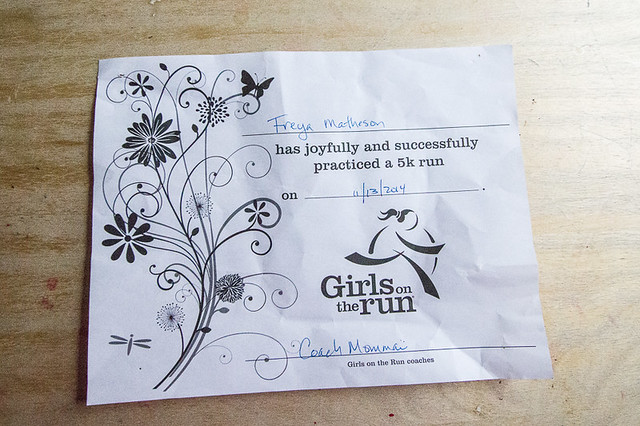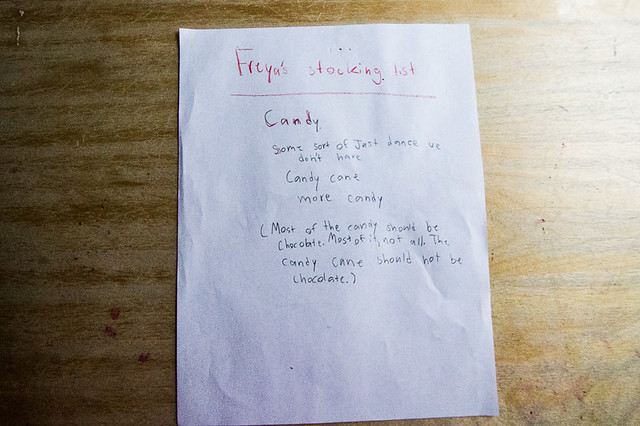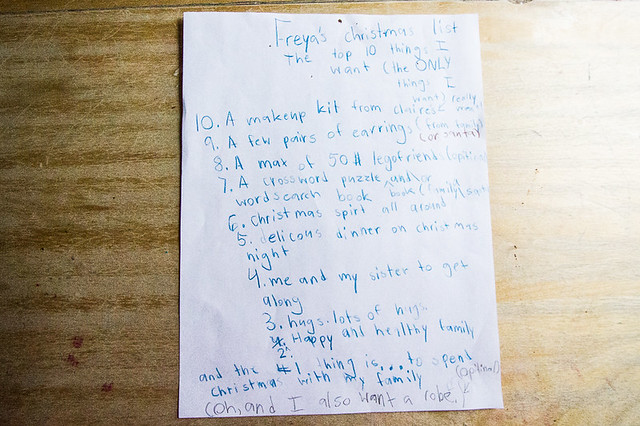There are very few positive male characters in your books. Most of the men are weak or boastful or absent or bullies. Is that a reflection of the society you have grown up in, or does it reflect the imbalance of power between men and women in wider society? Has that imbalance improved or changed in recent years?
I grew up in a world where it seemed normal that men (fathers, brothers, boyfriends) had the right to hit you in order to correct you, to teach you how to be a woman, ultimately for your own good. Luckily today much has changed but I still think the men who can really be trusted are a minority. Maybe this is because the milieu that shaped me was backward. Or maybe (and this is what I tend to believe) it’s because male power, whether violently or delicately imposed, is still bent on subordinating us. Too many women are humiliated every day and not just on a symbolic level. And, in the real world, too many are punished, even with death, for their insubordination.
Your novels seem to be concerned with boundaries — emotional, geographical, social — and what happens when those boundaries are crossed or broken down. Is that something that particularly affects women of a certain age or class, or does it apply to all?
The awareness of limits keeps weighing down on women — I’m talking about women in general. This isn’t a problem while we’re dealing with self-regulation: it’s important to set limits for oneself. The problem is that we live within limits set by others, and we are disapproving of ourselves when we fail to respect them. Male boundary-breaking does not automatically entail negative judgments, it’s a sign of curiosity and courage. Female boundary-breaking, especially when it is not undertaken under the guidance or supervision of men, is still disorientating: it is loss of femininity, it is excess, perversion, disease.
You refer to characters “liquefying” or “dissolving” as a way of describing emotional breakdown. Is that a feeling you recognise — in yourself? In others?
I have seen it in my mother, in myself, in many women. We experience too many ties that choke our desires and ambitions. The modern world subjects us to pressures that at times we are not able to bear.
The narrators in your novels find motherhood difficult. It devours them, reduces them, they long to escape it, and when they do, they feel liberated. Do you feel women would be stronger if they didn’t have to bear the burdens of motherhood?
No, that’s not the point. The point is what we tell ourselves about motherhood and child-rearing. If we keep talking about it in an idyllic way, like in many handbooks on motherhood, we will continue to feel alone and guilty when we brush up against the frustrating aspects of being a mother.
The task of a woman writer today is not to stop at the pleasures of the pregnant body, of birth, of bringing up children, but to delve truthfully into the darkest depth.
The Neapolitan novels have similarities of character and plot to your three earlier novels. Are you, in some ways, telling the same story?
Not the same story but definitely the same features of a single malady. Life’s wounds are incurable and you write them and rewrite them in the hope of being able, sooner or later, to construct a narrative that will account for them once and for all.
- FT Magazine, interview with Women of 2015: Elena Ferrante, writer
Thursday, December 31, 2015
Friday, December 18, 2015
"He's rich," I said to her finally. But even as I said that I realized how the idea of the riches girls dreamed of was changing further. The treasure chests full of gold pieces that a procession of servants in livery would deposit in our castle when we published a book like Little Women - riches and fame - had truly faded. Perhaps the idea of money as a cement to solidify our existence and prevent it from dissolving, together with the people who were dear to us, endured. But the fundamental feature that no prevailed was concreteness, the daily gesture, the negotiation . . . it was, in short, wealth that existed in the facts of every day, and so was without splendor and without glory. . . . Wealth . . . was taking the form of a young man in a greasy apron, was gaining features, smell, voice, was expressing kindness and goodness, was a male we had known forever. . . . I was disturbed."
. . . .
"Then time passed, Marcello and Michele bought a green Giulietta and began to act like masters of the neighborhood again. Alive and well, bigger bullies than before. A sign perhaps that Lila was right; with people like that, you had to fight them by living a superior life, such as they couldn't even imagine."
. . . .
"Then she added a sentence that I will always remember: 'The beauty of mind that Cerullo had from childhood didn't find an outlet, Grecco, and it has all ended up in her face, in her breasts, in her thighs, in her ass, places where it soon fades and it will be as if she never had it."
. . . .
"I thought how contradictory [my mother] was, without realizing it, her rages, with those imperious gestures. She hadn't wanted me to to go to school, but now that I was going to school she considered me better than the boys I had grown up with, and she understood, as I myself now did, that my place was not among them. Yet here was was insisting that I stay with her, to keep me from who knows what stormy sea, from who knows what abyss or precipice, all dangers that at the moment were represented in her eyes by Antonio. But staying near her meant staying in her world, becoming completely like her. And if I became like her, who would not be right for me if not Antonio?"
- My Brilliant Friend, Elena Ferrante
. . . .
"Then time passed, Marcello and Michele bought a green Giulietta and began to act like masters of the neighborhood again. Alive and well, bigger bullies than before. A sign perhaps that Lila was right; with people like that, you had to fight them by living a superior life, such as they couldn't even imagine."
. . . .
"Then she added a sentence that I will always remember: 'The beauty of mind that Cerullo had from childhood didn't find an outlet, Grecco, and it has all ended up in her face, in her breasts, in her thighs, in her ass, places where it soon fades and it will be as if she never had it."
. . . .
"I thought how contradictory [my mother] was, without realizing it, her rages, with those imperious gestures. She hadn't wanted me to to go to school, but now that I was going to school she considered me better than the boys I had grown up with, and she understood, as I myself now did, that my place was not among them. Yet here was was insisting that I stay with her, to keep me from who knows what stormy sea, from who knows what abyss or precipice, all dangers that at the moment were represented in her eyes by Antonio. But staying near her meant staying in her world, becoming completely like her. And if I became like her, who would not be right for me if not Antonio?"
- My Brilliant Friend, Elena Ferrante
Monday, November 23, 2015
"When they got to the farm half and hour later (they had to go slowly because of the bits of four-day-old snow that had drifted over the roads), Walter was out in the barn with Joey, and Lillian and Henry were playing a game with Lois. The kitchen was cold, the range hadn't been lit in three days, and Rosanna suddenly missed the dull luxury of the hospital. but she knew this was her life. Better to be immersed in it than to see it from afar."
"But it was strange, Rosanna thought, the little choices you had to make that you never foresaw, such as was it easier to be closer to the bathroom or to the kitchen, did you stow an invalid who could barely move upstairs, where she was out of the way, or did you have her right where everyone who came in would go over to her and take her hand and say hello and then include her in the conversation?"
- Some Luck, Jane Smiley
"But it was strange, Rosanna thought, the little choices you had to make that you never foresaw, such as was it easier to be closer to the bathroom or to the kitchen, did you stow an invalid who could barely move upstairs, where she was out of the way, or did you have her right where everyone who came in would go over to her and take her hand and say hello and then include her in the conversation?"
- Some Luck, Jane Smiley
Thursday, November 19, 2015
"Do you think we’re on a path to a goal, so that’s great progress, or do you get really disappointed that we’ve made so little on some fronts?
- I thought, in the beginning, if we got the majority we would win. I didn’t understand we don’t exactly have a democracy, people with a lot of money and clout make more noise…One of the things I learned at Houston from the women from Indian country there, many different tribes and nations, was a saying, “it takes four generations to heal one act of violence.” I think we need to think in the long-term much more than we do."
- Gloria Steinem
- I thought, in the beginning, if we got the majority we would win. I didn’t understand we don’t exactly have a democracy, people with a lot of money and clout make more noise…One of the things I learned at Houston from the women from Indian country there, many different tribes and nations, was a saying, “it takes four generations to heal one act of violence.” I think we need to think in the long-term much more than we do."
- Gloria Steinem
Monday, August 31, 2015
"But now I know what happened to all those women I looked up to, the producers and directors who fell over the edge of the world just as their reputations began to take shape. It's near-impossible to reconcile an only moderately successful freelance career like mine with family life. As we can't afford childcare on retainer, we've decided that it makes more sense for me to stay at home - here, with the baskets of dirty laundry, the shopping lists, the appointments penciled into the kitchen calendar - while Ben profits from the plum spots vacated by female colleagues. So this is my lot now. It was always going to come down to this, if only I'd thought about it hard enough. If I'd thought about it hard enough, would I have made the same choices? Yes, yes, of course. But still.
. . . .
"Isn't Ben good?" his mother will say to me in a low admiring voice when she and Dirk visit, after Ben has carved his roast, a plate of meat that will have been marinading in its bath of liquor and herbs for twenty-four hours, and which will have kept him busy all morning while I was changing the nappies and popping out for emergency garlic and laying the table and filling the water glasses. And I think of all the little meals that fall to me, which are eaten without anyone really noticing the crispness of the potatoes or the bite of the green beans: the modest everyday dishes that pass entirely without comment, competently executed and palatable. Isn't Ben good? I suppose he is.
. . . .
"The offer is made so casually, it's barely even a kindness. And yet at this moment, at this point in my life, there's nothing more appealing than being excused some of the endless responsibility. Five minutes, half and hour of not being in charge: it's hard to explain how wonderful this can be.
. . . .
"Emma is the engine of this home, the person who propels it forward, keeps everyone fed and clothed and healthy and happy - and yet she's entirely alone within it, and getting lonelier with every item ticked off her checklist. This is what it comes down to: the flat-out invisible drudgery of family maintenance, the vanishing of personality as everyone else's accrues. You never asked for this, did you, Emma? You didn't know it would be quite like this.
Ah, well. We all have our crosses to bear.
. . . .
"I think of an old picture book I've recently read to Christopher: a jaunt on the train, a short walk to a sandy beach, rock-pooling and paddling and kite-flying and a picnic on a rug, and then nodding off contently on the return leg, pockets full of shells and sand. No one forgets the sandwiches, no one gets sunburned or stung by wasps, no one slips and falls in fully clothed. Where is this beach? How can I get there?
- Her, Harriet Lane
______________________________________
"Christian charity, the compassion of centuries of civilisation, fell from her like useless ornaments, revealing her bare, arid soul. She needed to feed and protect her own children. Nothing else mattered any more.
. . . .
What separates or unites the people is not their language, their laws, their customs, their principles, but the way they hold their knife and fork.
- Suite Francaise, Irene Nemirovsky
_______________________
"June 1942: Never forget that the war will be over and the entire historical side will fade away. Try to create as much as possible: things, debates . . . that will interest people in 1952 or 2052. Reread Tolstoy. Inimitable descriptions but not historical. Insist on that. For example, in Dolce, the Germans in the village. In Captivity, Jacqueline's first Communion and Arlette Corail's party."
- Diary of Irene Nemirovsky
. . . .
"Isn't Ben good?" his mother will say to me in a low admiring voice when she and Dirk visit, after Ben has carved his roast, a plate of meat that will have been marinading in its bath of liquor and herbs for twenty-four hours, and which will have kept him busy all morning while I was changing the nappies and popping out for emergency garlic and laying the table and filling the water glasses. And I think of all the little meals that fall to me, which are eaten without anyone really noticing the crispness of the potatoes or the bite of the green beans: the modest everyday dishes that pass entirely without comment, competently executed and palatable. Isn't Ben good? I suppose he is.
. . . .
"The offer is made so casually, it's barely even a kindness. And yet at this moment, at this point in my life, there's nothing more appealing than being excused some of the endless responsibility. Five minutes, half and hour of not being in charge: it's hard to explain how wonderful this can be.
. . . .
"Emma is the engine of this home, the person who propels it forward, keeps everyone fed and clothed and healthy and happy - and yet she's entirely alone within it, and getting lonelier with every item ticked off her checklist. This is what it comes down to: the flat-out invisible drudgery of family maintenance, the vanishing of personality as everyone else's accrues. You never asked for this, did you, Emma? You didn't know it would be quite like this.
Ah, well. We all have our crosses to bear.
. . . .
"I think of an old picture book I've recently read to Christopher: a jaunt on the train, a short walk to a sandy beach, rock-pooling and paddling and kite-flying and a picnic on a rug, and then nodding off contently on the return leg, pockets full of shells and sand. No one forgets the sandwiches, no one gets sunburned or stung by wasps, no one slips and falls in fully clothed. Where is this beach? How can I get there?
- Her, Harriet Lane
______________________________________
"Christian charity, the compassion of centuries of civilisation, fell from her like useless ornaments, revealing her bare, arid soul. She needed to feed and protect her own children. Nothing else mattered any more.
. . . .
What separates or unites the people is not their language, their laws, their customs, their principles, but the way they hold their knife and fork.
- Suite Francaise, Irene Nemirovsky
_______________________
"June 1942: Never forget that the war will be over and the entire historical side will fade away. Try to create as much as possible: things, debates . . . that will interest people in 1952 or 2052. Reread Tolstoy. Inimitable descriptions but not historical. Insist on that. For example, in Dolce, the Germans in the village. In Captivity, Jacqueline's first Communion and Arlette Corail's party."
- Diary of Irene Nemirovsky
Tuesday, June 2, 2015
"King Of Spain"
I never knew I was a lover,
Just cause I steal the things you hide,
Just cause I focus while we're dancing,
Just cause I offered you a ride.
Still I am not from Barcelona,
I am not even from Madrid.
I am a native of the North Pole
And that can mess up any kid.
Well if you could reinvent my name,
Well if you could redirect my day,
I wanna be the King of Spain.
And I will settle in Pamplona
And I'll provoke the bulls with words
And then I'll send a man to meet them all
But he's fake, so I have heard.
And all the senoritas sighing,
Will be the fountain of my lies.
But while we're floating in siestas
You search for bottles and for knives.
Well if you could reinvent my name,
Well if you could redirect my day,
I wanna be the King of Spain.
And I wear my boots of Spanish leather
Oh while I'm tightening my crown.
I'll disappear in some flamenco
Perhaps I'll reach the other side.
Why are you stabbing my illusion?
Just cause I stole some eagle's wings
Because you named me as your lover
Well, I thought I could be anything.
Well if you could reinvent my name,
Well if you could redirect my day,
I wanna be the King of Spain.
"The Dreamer"
I'm just a dreamer but I'm hanging on
Though I am nothing big to offer
I watch the birds, how they dive in then gone
It's like nothing in this world's ever still
And I'm just a shadow of your thoughts in me
But sun is setting, shadows growing
A long cast figure will turn into night
It's like nothing in this world ever sleeps
Oh sometimes the blues is just a passing bird
And why can't that always be
Tossing aside from your birches crown
Just enough dark to see
How you're the light over me
And by your side, girl, where the acres grow
Into the strong and stunning meadow
A cowboy stumbling in the finest field
And nothing good out there won't be old
Oh sometimes the blues is just a passing bird
And why can't that always be
Tossing aside from your birches crown
Just enough dark to see
How you're the light over me
Sometimes the blues is just a passing bird
And why can't that always be
Tossing aside from your birches crown
Just enough dark to see
How you're the light over me
- The Tallest Man on Earth
I never knew I was a lover,
Just cause I steal the things you hide,
Just cause I focus while we're dancing,
Just cause I offered you a ride.
Still I am not from Barcelona,
I am not even from Madrid.
I am a native of the North Pole
And that can mess up any kid.
Well if you could reinvent my name,
Well if you could redirect my day,
I wanna be the King of Spain.
And I will settle in Pamplona
And I'll provoke the bulls with words
And then I'll send a man to meet them all
But he's fake, so I have heard.
And all the senoritas sighing,
Will be the fountain of my lies.
But while we're floating in siestas
You search for bottles and for knives.
Well if you could reinvent my name,
Well if you could redirect my day,
I wanna be the King of Spain.
And I wear my boots of Spanish leather
Oh while I'm tightening my crown.
I'll disappear in some flamenco
Perhaps I'll reach the other side.
Why are you stabbing my illusion?
Just cause I stole some eagle's wings
Because you named me as your lover
Well, I thought I could be anything.
Well if you could reinvent my name,
Well if you could redirect my day,
I wanna be the King of Spain.
"The Dreamer"
I'm just a dreamer but I'm hanging on
Though I am nothing big to offer
I watch the birds, how they dive in then gone
It's like nothing in this world's ever still
And I'm just a shadow of your thoughts in me
But sun is setting, shadows growing
A long cast figure will turn into night
It's like nothing in this world ever sleeps
Oh sometimes the blues is just a passing bird
And why can't that always be
Tossing aside from your birches crown
Just enough dark to see
How you're the light over me
And by your side, girl, where the acres grow
Into the strong and stunning meadow
A cowboy stumbling in the finest field
And nothing good out there won't be old
Oh sometimes the blues is just a passing bird
And why can't that always be
Tossing aside from your birches crown
Just enough dark to see
How you're the light over me
Sometimes the blues is just a passing bird
And why can't that always be
Tossing aside from your birches crown
Just enough dark to see
How you're the light over me
- The Tallest Man on Earth
"Those previous versions of herself were so distant now that remembering them was almost like remembering other people, acquaintances, young woman who she'd known a long time ago, and she felt such compassion for them. "I regret nothing," she told her reflection in the ladies' room mirror, and believed it." That day, she attended a series of meetings, and in the late afternoon another car delivered her to a hotel. She still had an hour or two to kill until it was time to see Arthur again."
- Emily St. John Mandel, Station Eleven
"I met someone who was the right kind of wife. Her husband played trumpet in a ska outfit whose contrabass player sometimes improvised to Stephen's minimal drive-by or whatever it was called this week. When I met her she had a kid on her shoulders and a baby on the ground by here feet, and she was talking gaily about Indian with a vendor of Indian junk at the flea market. The vendor was impressed, and I, too, was impressed. She was young the way an actual person is young. Not like weary, defeated Stephen and me. She confirmed my suppositions about her sterling qualities as a wife by inviting me for coffee and serving a cake she had baked herself using yest. I never did understand yeast.
Like me, she had moved to Berlin to be with her husband. The key difference was the kids. I envied her with a pang. An educated woman with little kids (I didn't imagine her having acquired them by any other means than hot sex) is a model of the feminist, as well as feminine virtue. Even her struggle to get strangers to take the kids off her hands was a feminist cause. Her work, bringing up the model citizens of tomorrow, is something society feels it out to value and is constantly proposing as potentially eligible for pension benefits, unlike my work, which neither involved actual labor nor was anything but an end in itself, on good days, and otherwise not even that.
The next time we had coffee, she said she had been a Slavic languages major at an international program in Krakow and abandoned her studies when the first baby came. That was about nine months after Hermann's band played Krakow. She barely remembered him, but she looked him up online. She hadn't planned to drop out, but it was absolutely impossible to be an adequate mother and have a life, she said. She didn't resent her children. She said they were every bit as interesting as verbs."
- Nell Zink, the wall creeper
- Emily St. John Mandel, Station Eleven
"I met someone who was the right kind of wife. Her husband played trumpet in a ska outfit whose contrabass player sometimes improvised to Stephen's minimal drive-by or whatever it was called this week. When I met her she had a kid on her shoulders and a baby on the ground by here feet, and she was talking gaily about Indian with a vendor of Indian junk at the flea market. The vendor was impressed, and I, too, was impressed. She was young the way an actual person is young. Not like weary, defeated Stephen and me. She confirmed my suppositions about her sterling qualities as a wife by inviting me for coffee and serving a cake she had baked herself using yest. I never did understand yeast.
Like me, she had moved to Berlin to be with her husband. The key difference was the kids. I envied her with a pang. An educated woman with little kids (I didn't imagine her having acquired them by any other means than hot sex) is a model of the feminist, as well as feminine virtue. Even her struggle to get strangers to take the kids off her hands was a feminist cause. Her work, bringing up the model citizens of tomorrow, is something society feels it out to value and is constantly proposing as potentially eligible for pension benefits, unlike my work, which neither involved actual labor nor was anything but an end in itself, on good days, and otherwise not even that.
The next time we had coffee, she said she had been a Slavic languages major at an international program in Krakow and abandoned her studies when the first baby came. That was about nine months after Hermann's band played Krakow. She barely remembered him, but she looked him up online. She hadn't planned to drop out, but it was absolutely impossible to be an adequate mother and have a life, she said. She didn't resent her children. She said they were every bit as interesting as verbs."
- Nell Zink, the wall creeper
Thursday, March 19, 2015
Thursday, January 22, 2015
Subscribe to:
Posts (Atom)






